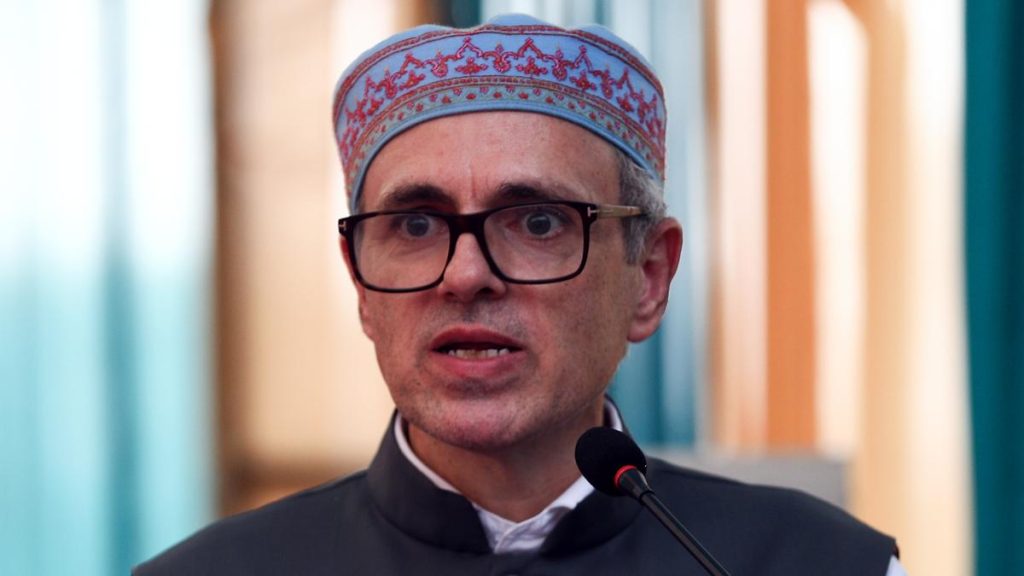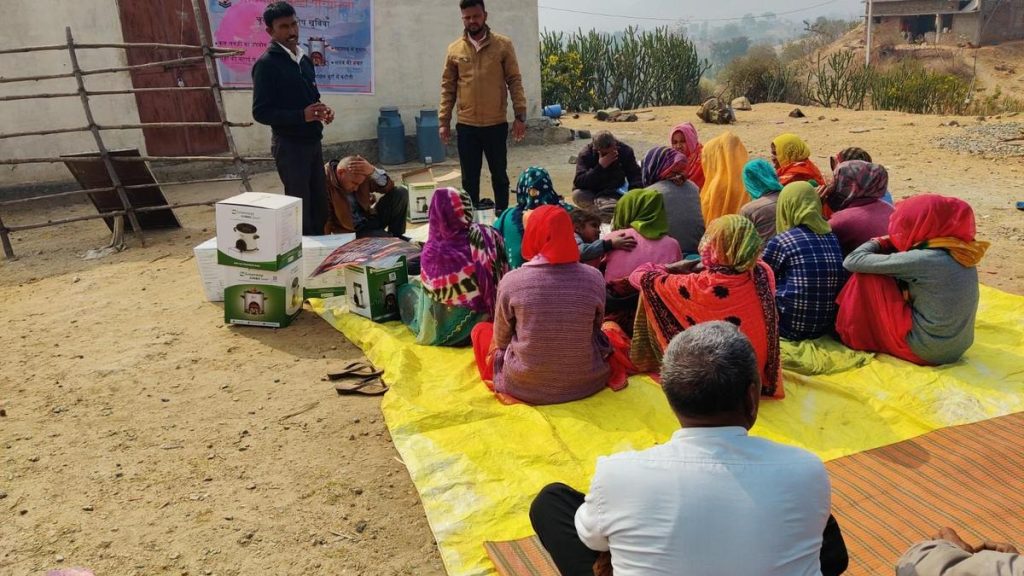Now Reading: Sewage Treatment Shortfalls Surface in Ernakulam
-
01
Sewage Treatment Shortfalls Surface in Ernakulam
Sewage Treatment Shortfalls Surface in Ernakulam

Quick Summary
- Kochi Corporation and Ernakulam municipalities generate 157 million litres per day (MLD) of sewage, but only 28.46 MLD is treated via sewage treatment plants (STPs).
- Of the total sewage treated,28.45 MLD is processed within the Kochi Corporation limits; infrastructure exists to process 21.8 MLD.
- Within the Corporation limits alone, daily sewage generation totals 93.17 MLD, wiht approximately 31.9 MLD managed through on-site sanitation systems (OSSs).
- Across municipal areas, OSSs handle around 81.2 MLD of sewage using mechanisms like septic tanks with soak pits.
- A government report cites Kerala’s unique homestead habitation pattern and diverse topography-featuring wetlands and coastal zones-as challenges for establishing centralized sewer networks.
- Plans propose STP facilities capable of treating an additional 110 MLD of sewage in Ernakulam; work on one STP for treating up to 1.1 MLD is currently underway.
- To address gaps in waste management infrastructure, faecal sludge treatment plants (FSTPs) are being introduced as a practical solution for regions predominantly dependent on OSSs.
Indian Opinion Analysis
The data suggests significant inefficiencies in waste management infrastructure within Kochi Corporation and surrounding municipalities in Ernakulam district. Only a small fraction (~18%) of generated sewage undergoes proper treatment through STPs, indicating a potential strain on public health systems due to untreated waste disposal into the environment.
Kerala’s distinct geographical features-such as abundant waterbodies and ecological sensitivity-pose considerable challenges to building centralized sewer networks that urbanized regions typically utilize elsewhere in India. Though, proposing new faecal sludge treatment solutions reflects adaptability while addressing practical hurdles where OSS reliance predominates.
For long-term sustainability and compliance with environmental norms, efficiently scaling up planned STP projects along with integrating decentralized systems like FSTPs offers feasible pathways forward without undermining local terrain or settlements’ unique habits.























